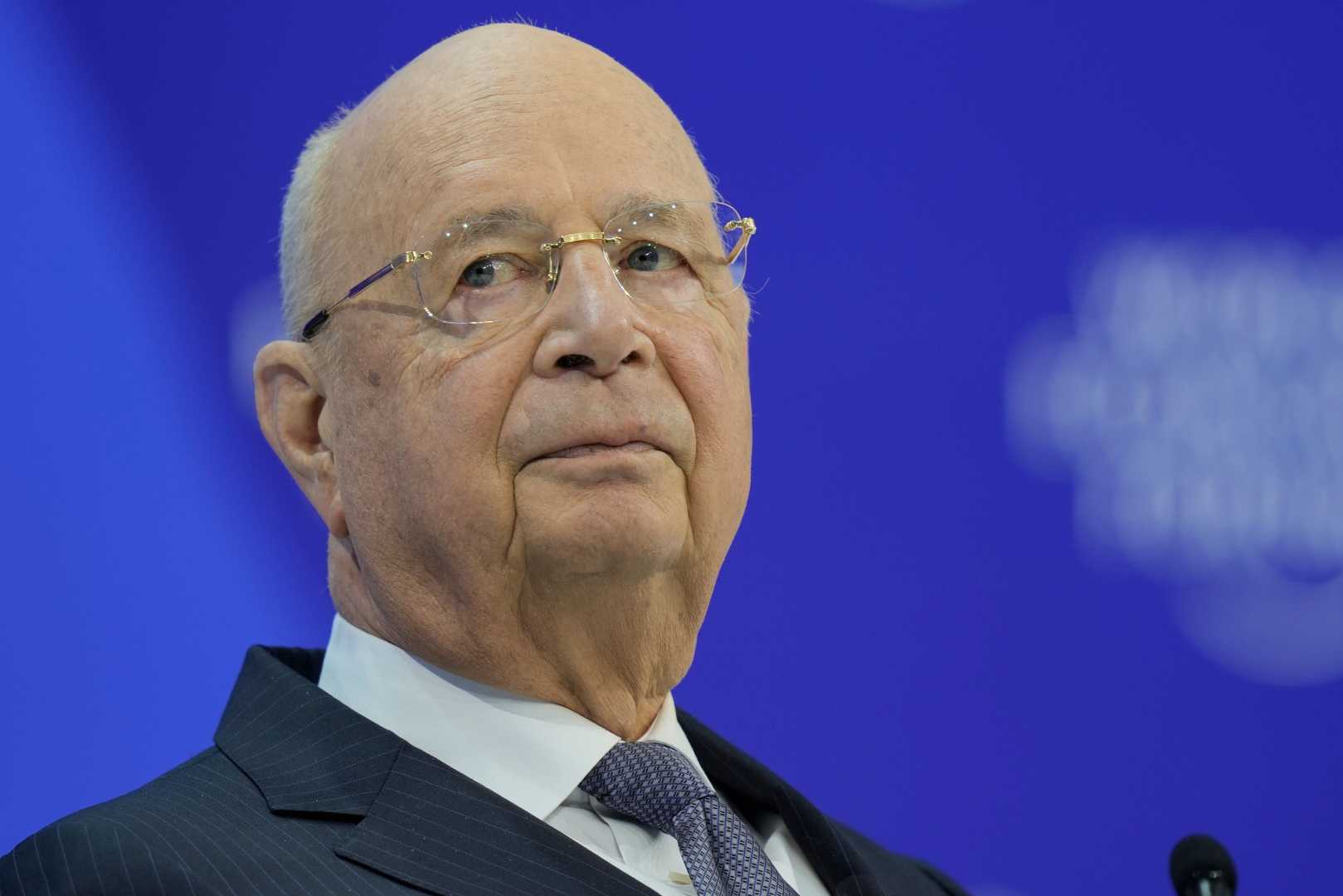Business
Klaus Schwab Resigns as Chairman of World Economic Forum

ZURICH, Switzerland — Klaus Schwab, the founder of the World Economic Forum (WEF), has resigned as chair of its board of trustees, effective immediately. The announcement was made on April 21, 2023, following previous indications that the 87-year-old Schwab would step down, although no specific timeline was provided.
In a statement released by the WEF, Schwab explained, “Following my recent announcement, and as I enter my 88th year, I have decided to step down from the position of Chair and as a member of the Board of Trustees, with immediate effect.” The specific reasons for his resignation have not been clarified.
The WEF board accepted Schwab’s resignation during an extraordinary meeting held on April 20. Vice Chairman Peter Brabeck-Letmathe will serve as interim chairman as the organization begins the search for Schwab’s successor.
Schwab established the WEF in 1971, aiming to create a platform for policymakers and top corporate executives to collectively address significant global issues. Over the years, the WEF’s annual gathering in Davos has become a symbol of globalization, attracting political leaders, CEOs, and celebrities to discuss global agendas. However, the forum has faced increasing criticism in recent years for being an elitist gathering disconnected from everyday people’s lives.
Headquartered near Lake Geneva, the WEF has dealt with challenges concerning its internal culture. In 2022, the Wall Street Journal reported that the board was collaborating with a law firm to investigate allegations of harassment and discrimination within the organization, claims that the WEF denied.
Schwab’s leadership has been marked by significant global events that have influenced perceptions of globalization. The 2007-2009 financial crisis and rising geopolitical tensions, particularly following Russia’s invasion of Ukraine and protectionist trade policies from the United States, have raised questions about the WEF’s relevance. Some analysts argue that the organization is facing a decline.
As early as 1996, Schwab expressed concerns about the backlash against globalization in an opinion piece co-authored with Claude Smadja. They warned, “A mounting backlash against globalization’s effects… is threatening a very disruptive impact on economic activity and social stability in many countries.” This sentiment has been increasingly echoed in political discussions since the election of Donald Trump in 2016 and Brexit.
Schwab’s resignation marks a pivotal moment for the WEF, raising questions about its future direction and leadership amidst ongoing criticism and challenges in the global economic landscape.












